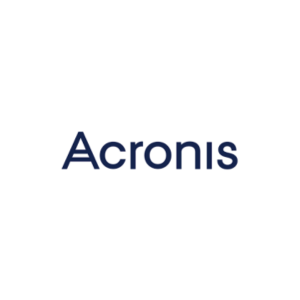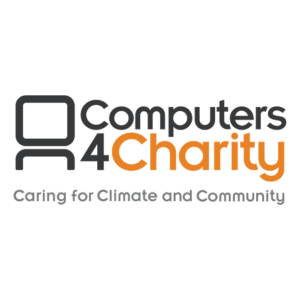Insights
INSIGHTS
All Topics
Improve your workflow: The best digital management platforms for charities
09 Nov 2020by Joe Lepper
Digital management platforms can be an invaluable tool for charities, to manage workflow and make home workers feel valued
Using a digital management platform can significantly improve productivity and take the strain out of the working day.
These can provide a range of functions to fit each charity workers’ needs to optimise workflow. They can also pinpoint inefficient use of time, find tasks that have been completed and suggest improvements to the way the working day is organised.
Functions include customising workflows, defining stages of tasks, integrating daily workflow into the bigger picture of office, or homeworking, life. These tools also help staff feel engaged, involved and valued within the organisation.
Streamlining repetitive processes is another key use, as is checking up on tasks and scheduling tasks each day.
In this article we detail some of the key digital management platforms available to help charities organise their work, both as a team and individually.
Asana
Integration with the popular Microsoft Team collaboration tool makes Asana a handy option for charities looking to combine work management with communication and collaboration.
Through Asana, teams can create projects and assign colleagues to work on them. This can include setting deadlines as well as day-to-day communication on the progress of work. Reporting tools, calendars and attachments are among the functions it offers to help keep teams, who may be working remotely, at home or under blended arrangements, aligned. It also helps ensure work and projects are delivered on time. The basic package is free with subscriptions with paid-for packages starting at £9.49 a month.
A half price discount is available on a one-year subscription to Asana’s Premium or Business options are available through the Charity Digital Exchange.
Trello
Simplicity and ease of use are major selling points for Trello. The platform can help charities to organise staff working on projects, whether it be a fundraising push or digital strategy project.
Trello’s interface is structured around the idea of creating project boards with cards for individual tasks. Staff then add to the board, commenting on cards, uploading files and more. Teams can also use Trello to create checklists and deadlines.
A free plan is available, with unlimited cards and lists, as well as a 10MB file attachment limit. Paid for plans offer further functions including a 250MB attachment limit, advanced checklists, custom backgrounds and stickers, calendar view and more.
Monday
An increased number of teams are working remotely, with charities restricting numbers of people in offices and staff working at home instead. This can create an organisational and internal communications headache at times, which digital workflow tools like Monday can solve.
This software is created with remote working in mind to help managers and project leads create rosters, set deadlines and communicate day-to-day to ensure work is carried out efficiently, wherever workers are.
Monday’s integration with Zoom is neat and provides a simple way for staff to communicate and watch recordings of meetings they may miss. Monday also has a strong focus on bonding and staff sharing tips, particularly about home working.
Pricing starts at £7 a month, depending on the functions needed. More advanced functions include adding more dashboards, interactions and tracking times, as well as using more visual aids such as timeline and calendar views.
Miro
Highly visual workflow and collaboration tools are more likely to enthuse and engage staff. This is where an online whiteboard platform like Miro can help.
It enables remote workers to link up digitally to collaborate on ideas, research, planning and design as they manage both their working day and longer-term projects. A range of customisable templates are made available to suit individual charity needs. The whiteboard system offers a range of communication functions, from video conferencing to document, spreadsheet and data sharing.
A free plan with limited functions is available, with paid-for plans starting at $8 a month. Advanced functions include access to unlimited whiteboards, number of editors as well as access to Miro’s customisable templates. It is worth noting that Miro offers a discount to charities.
Integrify
Integrify boasts intuitive forms, workflow progress and reporting tools.
Clear and concise reporting is critical for ensuring that your automated business processes and workflows are performing to the standards you expect. This includes offering charities a historical audit trail of work, with time and date stamps, details of actions carried out, as well as comments and discussions.
Ease of use is also key to effective workflow tools and Integrify’s self-service portal ensures staff and volunteers with limited technical expertise can be involved.
Integrify also offers customers the chance to customise dashboards with the information that is most relevant to them. A pricing guide is available by contacting the platform.
Pipefy
The availability of templates and customisable templates is common among digital workflow tools. A tool like Pipefy lists some of its most well-used templates for a raft of work functions. This includes accounting, recruitment, marketing requests and data required by managers to ensure charities are working efficiently. For example,
Pipefy offers a work management template to organise, centralise all requests around work in one place.
Pricing starts at $18 a month, with the cheapest package offering functions including security features and data recovery for 90 days.
Our Events
Charity Digital Academy
Our courses aim, in just three hours, to enhance soft skills and hard skills, boost your knowledge of finance and artificial intelligence, and supercharge your digital capabilities. Check out some of the incredible options by clicking here.

















